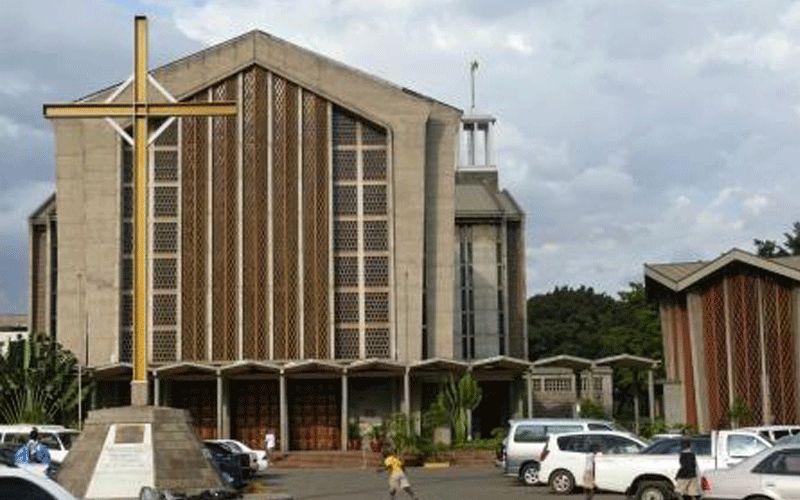Borrowing from the list of requirements by Kenya’s Ministry of Health that recommends a 1.5-metre social distancing, the Bishops outline considerations for a projected four-phased re-opening of places of worship that limits Sunday Mass attendance to only 15 percent occupancy in the first phase.
This will progress to 25 percent occupancy in the second phase, 50 percent occupancy and finally 100 percent in the final phase of re-opening of places of worship.
In the event that capacity restrictions are difficult to put in place, the Bishops say that Parish leaders can consider organizing the celebration of Mass on any day other than Sunday or vigil Mass on Saturday evening “to help spread out population and afford others the opportunity to also be present as permissible.”
The Catholic Church leaders in Kenya came up with the guidelines about a month after their meeting with top government leaders in the country in which they were charged with the responsibility to define a way that would see the lifting of the ban on public worship in the country that was declared on March 22.
The recommendations were also shared with ACI Africa a day after Kenya recorded its highest ever number of COVID-19 cases in a single day, with 307 people having tested positive for the coronavirus on Wednesday, July 1, bringing the tally to 6,673 including 149 deaths and 2,089 recoveries.
In the eight-page statement signed by KCCB chairman, Archbishop Philip Anyolo, the Prelates in Kenya note that the faithful have stayed away from their places of worship for too long and have eagerly awaited the resumption of public worship.
“We, the Kenya Conference of Catholic Bishops, are aware that the life of our mission stems from the Mass and the Sacrament. It is here that our people are inspired to serve their brothers and sisters in the entire community, and are sent forth to engage in evangelization and charitable works,” the Bishops say.
“Our Christian Faithful are eager to resume public worship in a safe and responsible manner and in coordination with the Government and the Ministry of Health,” the leaders of the Catholic Church in Kenya further say and note, “All of us believe that worship is an essential service.”
They reiterate the governments call to promote healthy hygiene practices such provision of sanitizers at the entrance of churches, regular sanitization of churches, use of masks as well as protection of vulnerable populations by encouraging elderly persons and people with pre-existing conditions to remain at home while the rest attend church services.
Additionally, considerations during celebrations of weddings and other religious ceremonies have been put in place and will include allowing only about 100 people to attend the ceremonies in the initial phases of re-opening of public worship.








